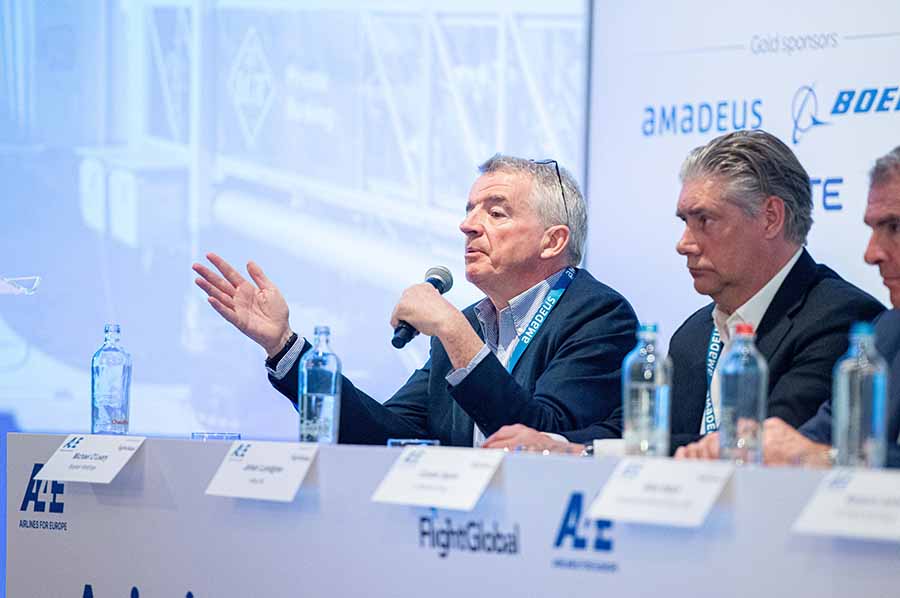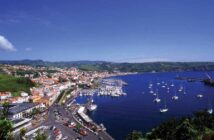
Those extra charges are adding up nicely for Ryanair. The airline’s half yearly report says winter fares will be 15pc ahead of last year, due to constrained capacity across all airlines. And the accounts show real action for the airline is in ancillaries.
Ryanair says forward bookings (both traffic and fares) are robust over the late Oct. mid-terms and into the peak Christmas travel period.
The airline reports that average summer fare is €58 and average summer ancillary revenue is now €23.70 per passenger, up 14pcfrom summer r 2022 and €2.5bn in total.
The full-year average fare reported in March was €41.12, up from €27.33 in 2022 and €37.03 pre pandemic, and average ancillary revenue €22.81, up from €17.14 pre pandemic.
They say scheduled revenues in the summer period March to September 2023 increased 37pc to €6.1bn. Ex-fuel unit costs per passenger are €32, well ahead of most European rivals with only Wizz remotely close.
Ryanair expects to fly 183.5m (passengers to end March, up 9pc on 2022 and 24pc on 2019, but they say the final figure depends on Boeing meeting their delivery commitments between now and year-end. Summer passenger numbers were up 11pc.
After Christmas, the future is not so certain. Michael O’Leary CEO of Ryanair said in a statement: “ass is normal at this time of year, we have very limited Q4 visibility. Q4 is traditionally our weakest quarter and, this year, will be impacted by the partial unwind of free ETS carbon credits “
“Despite uncertainty over Boeing deliveries, a significantly higher full year fuel bill (up c.€1.3bn on last year), very limited Q4 visibility and the risk of weaker consumer spending over coming months, we now expect that FY24 PAT will finish in a range of between €1.85bn to €2.05bn, assuming modest losses over the H2 winter period.”
Fuel requirements are hedged at 85pc or approx. $89bbl (a mix of forwards and caps) while our 2025 hedging has increased to just over 50pc at approx. $79bbl. This will deliver savings of €300m on the fuel already hedged for 2025.
Ryanair’s balance sheet remains one of the strongest in the industry with a BBB+ credit rating (both S&P and Fitch) and over €3.6bn gross cash at period end, despite €1.6bn capex and over €1bn debt repayments including a maturing €750m bond and €260m prepayment of RCF.
operating costs increased 24pc to €6.2bn, primarily due to much higher fuel costs (+29pc to €2.8bn), higher staff costs (reflecting pay restoration, pre-agreed pay increases and higher crewing ratios as we invested in ops. resilience) and higher ATC fees (incl. airport & handling charges).
Eurocontrol predicted recently that EU capacity will recover to only 94pc of pre-Covid) and Ryanair cites the impact of P&W engine repairs on competitor fleets.




